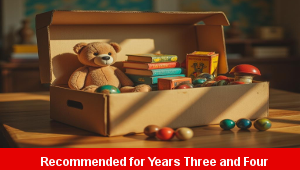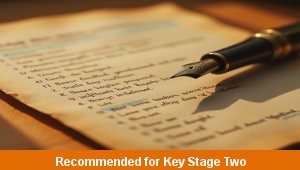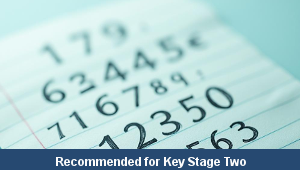Lesson Four – Sculpture Design

This art and design teaching pack for Key Stage Two gets the children to explore how to plan and record some of the special ways of shaping and combining a range of different recycled materials to create a sculpture.
The class can describe and model some the special techniques that can be utilised to shape and join materials when producing a sculpture with a recycling theme.
Download this teaching pack including a lesson plan, classroom activities and an interactive presentation to explore how to plan and record some of the special ways of shaping and combining a range of different recycled materials to create a sculpture
Activities in this teaching pack include display posters to identify and describe some of the different materials that have been used to make a sculpture and a table display card to explain and record how to shape and combine materials when producing a sculpture on a specific theme.
The interactive presentation can be used to explore how to plan and record ways of shaping and combining recycled materials to create a sculpture.
This lesson is part of an art and design scheme of work to get the children to explore how to shape and combine different recycled materials to produce a sculpture reflecting the theme of recycling. There are teaching activities for shared learning, differentiated worksheets to support independent learning and interactive presentations to introduce concepts and key skills.
-

Determinant Lists
Explain and model how to make lists of objects used and found in different locations to match the correct determinants of a and an
-

English SPAG Assessment
Assess abilities in composing sentences for fiction and non-fiction using the correct spellings, punctuation marks and grammar vocabulary phrases
-

Maths Arithmetic Assessment
Assess abilities in solving arithmetic number problems for addition, subtraction, multiplication and division when working with informal and formal written calculations
-

Environment
Identify and describe some of the special landscapes and locations that can be found in the world and reflect on how they can be protected and preserved for the future
